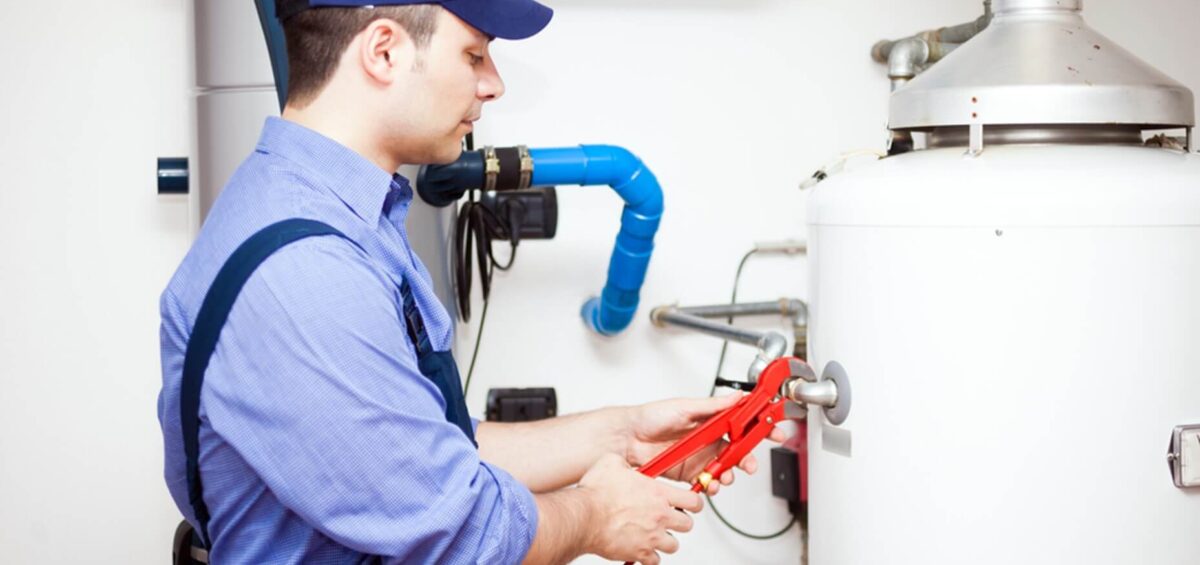Hot water systems are an integral part of any household in Australia, especially during winter and spring months. Did you know that water heating is estimated to account for 15% to 27% of household energy use? That is why it is important to choose the right product that can provide hot water efficiently and save you money.
We understand this is not an easy task for most homeowners. There are lots of things to consider and brands to choose from that it is often easier to get the same product we are accustomed to instead of checking out the alternatives.
In this article, we will give you an overview of the types of hot water system, and choosing the right system based on your household size and water usage and fuel availability.
What type of Hot Water System should you get?
Hot water systems can also be classified based on heating method used. The four heating methods used in Australia are electrical, gas, heat pump, or solar.
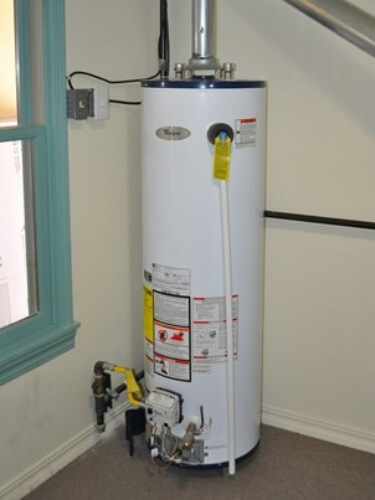
1.Electric hot water systems are used by around 50% of Australian households. Electric hot water systems are cheaper to buy and install because they do not require much alteration to existing building layout. They can be installed either indoor or outdoor. However, electric hot water systems can be expensive to run in the long term due to high monthly electricity consumption.
Electric hot water systems are not environment-friendly due to their large greenhouse emissions. In fact, there had been some initiative to gradually phase out electric hot water systems and replace them with more efficient options.
2. Gas hot water systems, which gets its fuel from either natural gas or LPG, is a popular choice in Australia.
Gas hot water system has faster heating, usually twice that of electric heaters, which makes them an ideal option for bigger households that have higher water consumption. For households that are already connected to a natural gas line, gas hot water system could be a very practical choice.
Gas hot water heaters are usually installed outdoors for better ventilation. Because of this and the fact that it is not possible to insulate the system where the gas flame is heating the tank, gas storage systems can be inefficient especially during cold weather due to high heat losses.
Gas hot water heaters have high carbon emissions which could make them a less attractive option in the future as we focus more towards more environment-friendly alternatives.
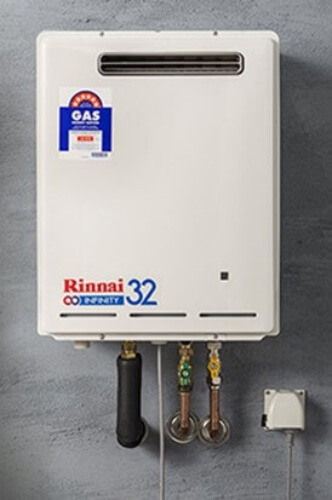
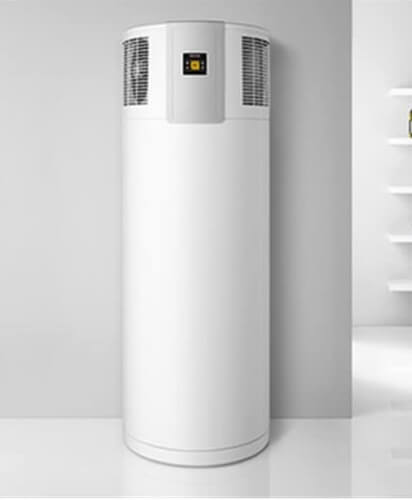
3. Heat pumps use heat from the surrounding air to heat water in a storage tank. It requires very little electricity making it an economical and environment-friendly alternative to electric systems.
Heat pumps have a long lifespan, some units lasting up to 15 years. Heat pumps require a higher start-up cost, but because of their environmental friendliness, they are eligible for government rebates and incentives which could offset the higher initial cost.
4. Solar hot water systems are the most environment-friendly option. They can be expensive to set up, but the long-term savings are significant. Like heat pumps, solar systems are also eligible for government rebates and incentives.
Aside from the higher upfront cost for both equipment and installation, solar hot water systems can take up more space. The panels have to be installed in an ideal location for optimum collection efficiency. The storage tank produces heat, so their location needs to be planned accordingly as well.
Solar hot water storage tanks usually have an electric or gas booster element added to keep the water hot on days with less sunshine.
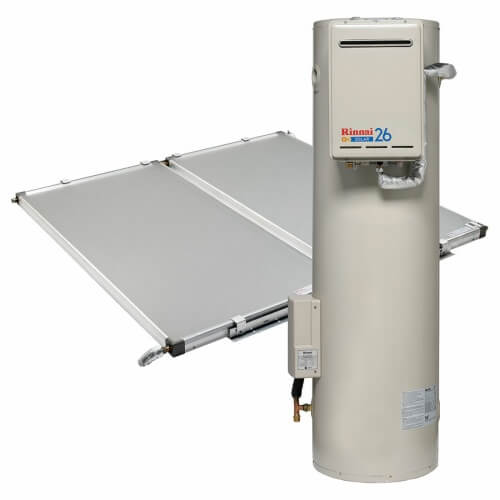
Aside from the type of hot water system, you also need to consider your household size and water usage when buying or installing your hot water system.
Your household size and average water consumption per user has a huge impact on the type of hot water system that you should get.
For a small household of 1 to 3 people, a heat pump or solar boosted system will be enough, while larger families would benefit more from a gas hot water system due to its fast heating. This will ensure that there is enough hot water supply for everyone in the family.
Your household size and water usage can also affect whether you should choose a storage tank system or a continuous flow system.
Storage hot water system uses a tank where hot water is heated prior to use. This is a practical option for households that have high water usage. Most gas, electric, solar, and heat pump hot water systems use a storage tank as they are insulated and only require maintenance every few years.
Continuous or instantaneous flow hot water systems on the other hand only heat water as needed. This system is cheaper to run for smaller households because they don’t require storage tank to be installed and heated.
These are the main things that you should consider before purchasing or installing a hot water system.
At World of Plumbing and Gas, we are trained to install and repair different types and brands of hot water system, so you can be assured that we can help you choose and install the right water heater system based on your needs.
If you’re still unsure which one to choose, you may call us on 0488 296 724 and we will be happy to answer your questions and guide you.

